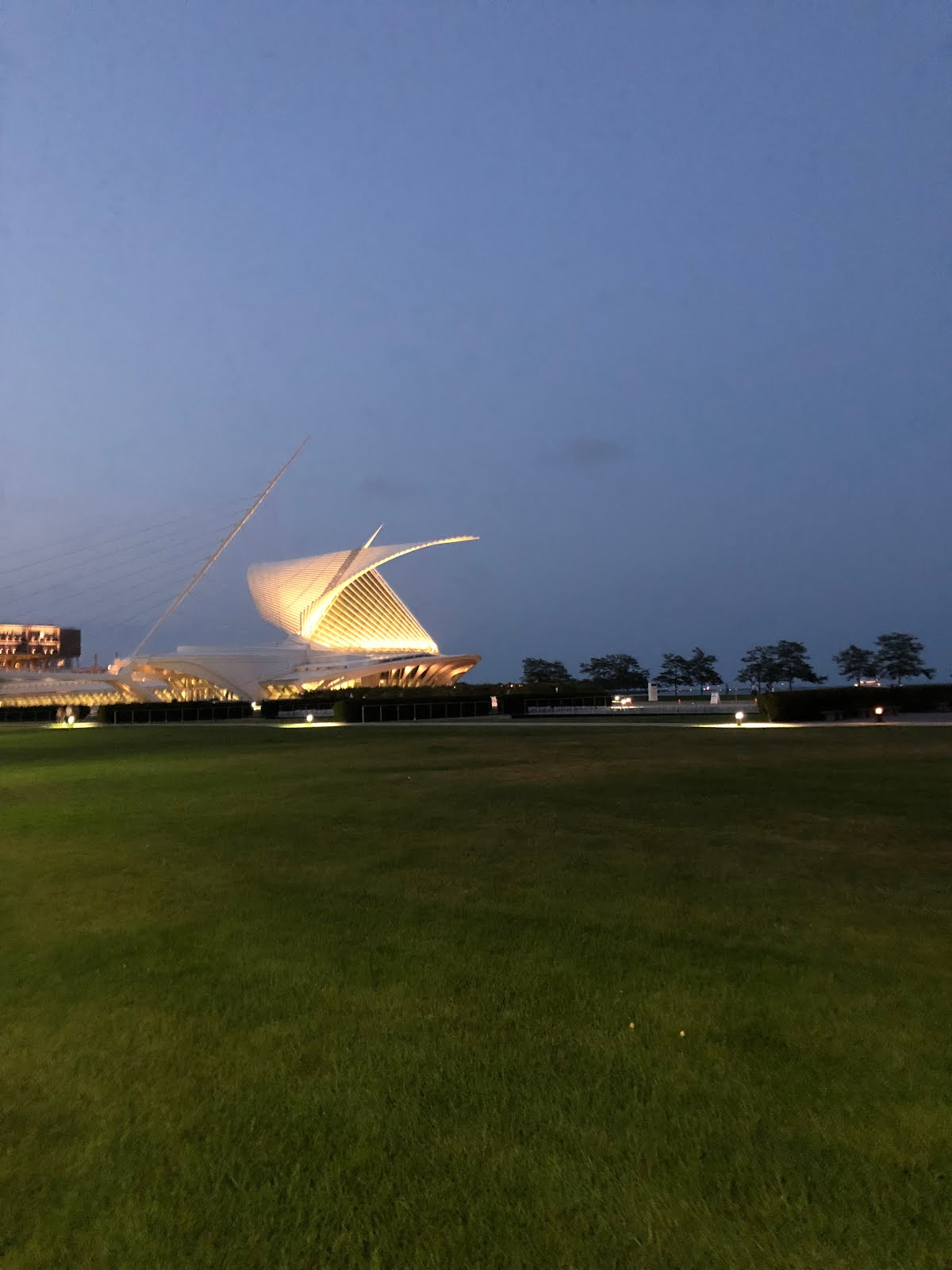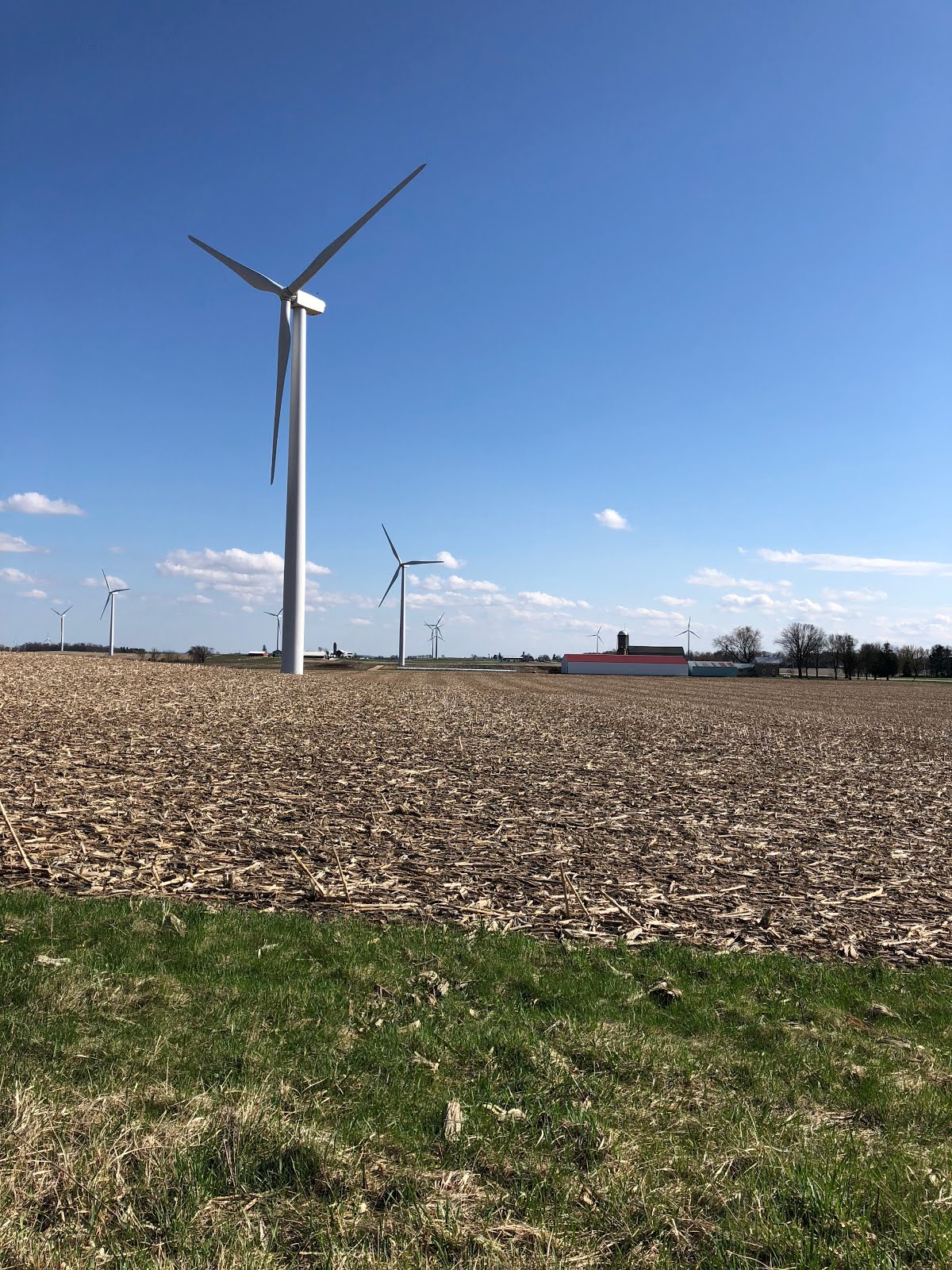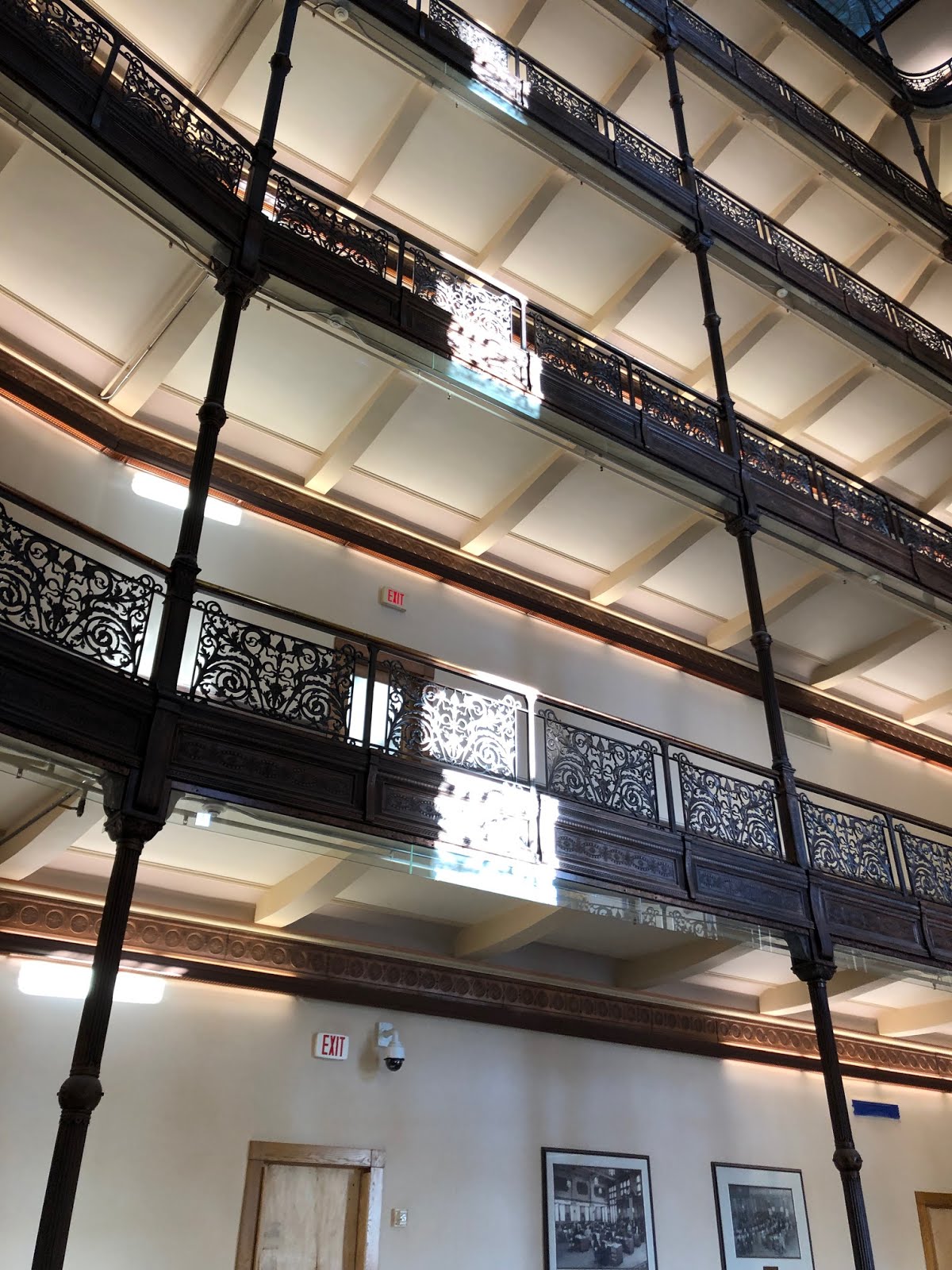Plan To Combat Invasive Species Gets Hearing Monday In Milwaukee
Monday is the day you can show your support at a hearing for a plan to prevent further damage to the Great Lakes by invasive species that are dumped into the water when ocean-going freighters flush their ballast tanks.
Even if you can't stay for the hearing - - details below - - stop by and register your support, as the shipping industry will show up, in force, in opposition.
Their position helped stymie a Congressional solution, so Wisconsin, to its credit, is trying to implement a plan that should help prevent further harm by mussels and other species to Lake Michigan and Lake Superior.
If you want cleaner beaches, more efficient lakefront industries and better boating and fishing, you need to come to the hearing.
Groups like the Wisconsin Wildlife Federation are organizing support for the Wisconsin Department of Natural Resources' ballast water control proposal.
I will post the prepared remarks of WWF Executive Directror George Meyer at the bottom of this post.
The public hearing begins at 10 a.m. Monday at the DNR southeastern regional headquarters, 2300 N. Martin Luther King Dr., Milwaukee, in room 140.
There is free parking behind the building, and on local streets.
Here is a description of the plan.
And from George Meyer:
Wisconsin Wildlife Federation March 23, 2009
Testimony of the Wisconsin Wildlife Federation in Support Of the WDNR’s General Discharge Permit Regulating the Discharge of Ballast Water into the Great Lakes
Good morning, my name is George Meyer and I am representing the Wisconsin Wildlife Federation, the state’s largest conservation organization, comprised of over 164 hunting, fishing, trapping, and forestry-related groups throughout the State of Wisconsin.
The Federation and virtually every conservation and environmental group in Wisconsin are very supportive of the proposed Department of Natural Resources General Permit WI-0063835-01-0 regulating the discharge of ballast water into the waters of the State of Wisconsin.
Sportsmen and women throughout the state cannot believe that thirty-seven years after the passage of the national and state Clean Water Acts, international ships are allowed to discharge their ballast water into the Great Lakes without any permit or effective treatment.
The results of these unregulated discharges are the presence of zebra mussels, quagga mussels, Eurasian Ruffe, round goby, white perch, spiny water flea, phragmites, possibly VHS and over 170 other invasive species that have devastated the Great Lakes ecosystem and its recreationally and economically important sports fishery.
We all have seen the results, the collapse of the salmon fishery in Lake Huron, the expenditure of over $1.5 billion in the last 20 years to deal with the clogging of water and discharge pipes, the loss of 93% of the forage base for Lake Michigan’s fishery and the severe fouling of our beaches just to name a few.
These invasive species just don’t stay in the Great Lakes, they infest our inland lakes and are transmitted throughout the country. Wisconsin sportsmen and women contribute over $80 million through licenses, stamps and excise taxes to the state’s Fish and Wildlife Account that is used to enhance and protect our fish and wildlife resources and their habitat.
These hunters, anglers and trappers see that same habitat devastated by the irresponsible actions of international ships discharging their ballast water into our waters.
I spend virtually all of my time talking and listening to the sportsmen and women in this state and when it comes to the discharge of ballast water from international ships, they say that: “We are fed up with it and we are not going to take it anymore.”
When will the shipping industry start acting responsibly and clean up its ballast water discharges? Hopefully it will be before the $ 7 billion a year Great Lakes fishery is totally collapsed. Every other industry or municipality in this state must treat their waste and protect the water quality of the state.
Why should the international shipping industry be free from comparable regulation?
Some argue that the technology is not there to meet the treatment standards in the proposed Wisconsin discharge permit. Without conceding that point, the Federation argues that is the purpose of the State and Federal Clean Water Acts.
I was involved as a young attorney in DNR in implementing the 1972 Federal Clean Water Act that required all industries and municipalities to treat their waste discharges. For the great majority of industries at that time, there was not available technology to meet the standards, but the requirement of the law drove the development of the technology.
When it comes to treatment of ballast water discharge, what entrepreneur is going to develop and produce the necessary technology unless it is required by law, it surely isn’t because the shipping industry has been demanding it on a voluntary basis.
We are very sensitive to the Duluth-Superior Harbor dilemma where potentially higher regulatory standards on the Superior side of the harbor could drive shipping to the Duluth side of the harbor.
The Federation does not want to see that occur. However the answer to that problem is not adopting the extremely weak standards advanced by the Minnesota Pollution Control Agency, it is Minnesota adopting the Wisconsin standards. We applaud the National Wildlife Federation and our Minnesota counterpart, the Minnesota Conservation Federation and their legal efforts to bring the Minnesota permit in line with the permits in Wisconsin and New York.
Lastly, we all agree that strong federal regulation is preferable to state regulation and we applaud the efforts of Congressmen Oberstar and Obey, Senator Feingold and the remainder of the Wisconsin congressional delegation to seek the adoption of equally strong federal regulation.
However until that happens, and we have been disappointed for over twenty years, it is critically important for the State of Wisconsin to join the State of New York in adopting the proposed general permit for the discharge of ballast into the Wisconsin waters.
The Wisconsin Wildlife Federation thanks you for the opportunity to testify here today on this critically important issue.
Submitted by:
George Meyer
Executive Director
Wisconsin Wildlife Federation









No comments:
Post a Comment